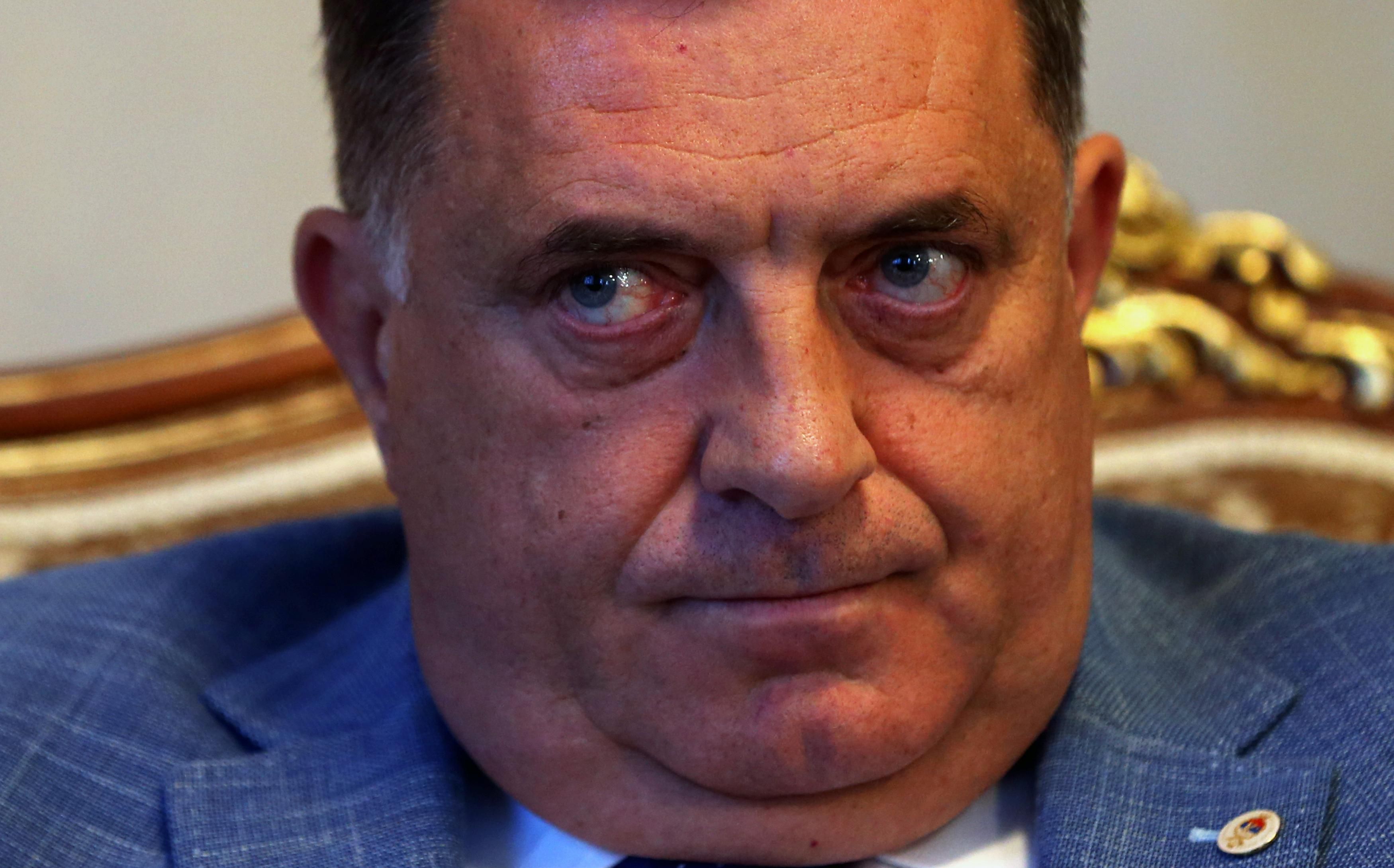October 24, 2021
Bosnia on the brink: Bosnia is facing its worst political crisis since the end of the bloody Yugoslav civil war in 1995, which pitted ethnic Bosnians against Serbs and Croats and left more than 100,000 dead. What's going on? Well, when that war ended, the peace agreement created a special enclave within Bosnia for ethnic Serbs — the better to keep warring ethnicities apart. This has always been a messy arrangement, but now the nationalistic leader of that enclave, Milorad Dodik, is threatening to secede altogether, amid a spat over new laws meant to ban denial of the genocide that Serbs carried out against Bosnian Muslims during the war. A breakup of Bosnia could quickly lead to serious violence, and both the EU and US staunchly opposed the move. But Dodik is undaunted. He says that Serb-only institutions will be in place as soon as November. Asked how he'd pull this off, Dodik — who recently oversaw provocative military drills that spooked Bosnia's other ethnic groups — said "as the Slovenes did it." That's a not-so-veiled reference to the breakup of former Yugoslavia, which led to years of bloodshed. Indeed, it's not a good omen, and is raising fears of a return to the deadly violence of the 1990s.
More For You
Most Popular
Alysa Liu of Team USA during Women Single Skating Short Program team event at the Winter Olympic Games in Milano Cortina, Italy, on February 6, 2026.
Raniero Corbelletti/AFLO
Brazilian skiers, American ICE agents, Israeli bobsledders – this is just a smattering of the fascinating characters that will be present at this year’s Winter Olympics. Yet the focus will be a different country, one that isn’t formally competing: Russia.
What We’re Watching: Big week for elections, US and China make trade deals, Suicide bombing in Pakistan
Feb 06, 2026
Japanese Prime Minister Sanae Takaichi, president of the Liberal Democratic Party (LDP), appeals for a candidate during a street speech of the House of Representatives Election Campaign in Shintomi Town, Miyazaki Prefecture on February 6, 2026. The Lower House election will feature voting and counting on February 8th.
The Yomiuri Shimbun
Japanese voters head to the polls on Sunday in a snap election for the national legislature’s lower house, called just three months into Prime Minister Sanae Takaichi’s tenure.
Think you know what's going on around the world? Here's your chance to prove it.
© 2025 GZERO Media. All Rights Reserved | A Eurasia Group media company.
